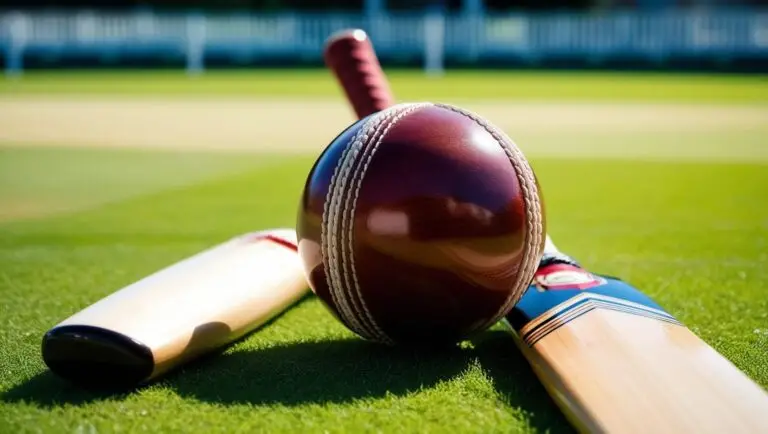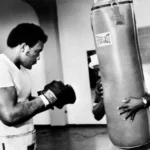It took five years, but the silence has finally cracked.
A woman who represented the West Indies during the 2020 ICC Women’s T20 World Cup has come forward with allegations of sexual harassment — a revelation that threatens to shatter the illusion of safety long projected by regional cricketing authorities.
Though the alleged incident took place in Australia half a decade ago, the response from officials has only now begun to surface. In a joint statement, Cricket West Indies (CWI) and the West Indies Players’ Association (WIPA) expressed a unified stance, pledging to examine their policies and strengthen protections. But for many observers, the question isn’t what’s being said now — it’s why it took this long.
The statement speaks of safeguarding, of training, of parity between men’s and women’s teams. It details changes made in 2021 and 2023: private accommodations for women athletes, safeguarding protocols, and adherence to child protection standards. But these measures, while necessary, raise an uncomfortable truth — if systems were being built quietly in the background, who were they really protecting?
No one has yet been named. No investigation has been made public. And perhaps most troubling, no apology has been issued.
The CWI’s Women’s Cricket Transformation Committee, created to “advance the women’s game,” is now also part of this moment. Its mission may no longer be just about promoting opportunity — but about rebuilding trust.
Many female athletes have long whispered of disrespect, discomfort, and unequal treatment in the corridors of professional cricket. Now, one voice has spoken up — and it’s clear that more may follow.
Whether this marks a turning point or just another chapter in institutional damage control will depend on what happens next. Will there be accountability? Transparency? Or just carefully crafted statements and internal reviews?
The sport that has long been seen as a gentleman’s game is being called to answer for how it protects its women.
And this time, silence won’t be enough.






